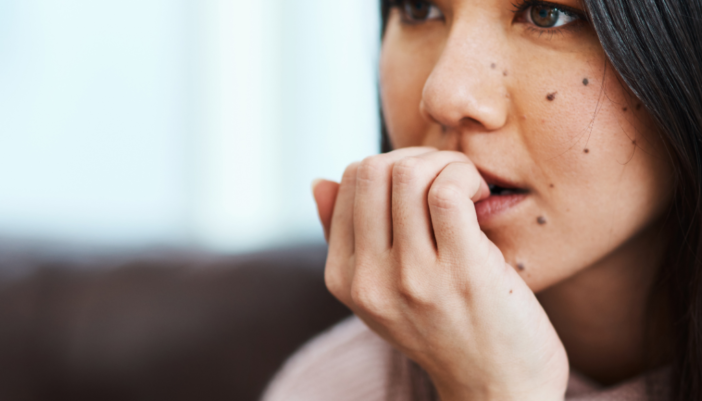Navigating the Terrain of Guilt and Self-Doubt in Boundary Setting
In the winding journey of setting boundaries and navigating all of the emotions that come with it, there are often two formidable companions that can shadow our path: guilt and self-doubt. These emotions, like unwelcome guests, tend to linger, whispering doubts in our ears and casting shadows on our decisions. Yet, it’s important to recognize that these feelings are not uncommon—they are the familiar echoes of change, the footprints of growth. I tell clients that this mental (and sometimes tiring) part of the boundary setting is often the “bulk of the work” and allows us to work through all of our resistance, grieve the old person we were and make room for the new, empowered person in the mirror.
As we begin the process of setting boundaries, we may find ourselves questioning every step. “Am I being too harsh?” “Will I hurt their feelings?” “What if I’m not doing the right thing?” These questions, laced with guilt and uncertainty, can weigh heavily on our hearts. We worry about the impact of our actions on others, fearing that asserting our needs might come at the cost of someone else’s comfort. Again, this is why I stated earlier that processing all of the fears and feelings with healthy people is so important. Our brain needs convincing that the scary healthy thing is the best thing to do, and why that’s true.
Guilt, in particular, can be a persistent companion. It whispers tales of selfishness and wrongdoing, urging us to backtrack on our decisions. Yet, it’s important to remember that guilt often arises when we are prioritizing our own well-being. It’s a sign that we are stepping out of our comfort zones, challenging old patterns, and embracing change. I think it’s so important to revisit the idea of “Earned” vs “Unearned” guilt to help us identify if there is anything we really need to feel bad about or rectify. Similarly, self-doubt can cloud our vision, making us question the validity of our needs and desires. We may wonder if we are worthy of the boundaries we set, or if we are simply causing unnecessary trouble. I do believe that you don’t just work on boundaries, but you work through so many other self-concept pieces as a part of it.
In the midst of this dance with guilt and self-doubt, there is a beacon of light: self-compassion and healthy support. This gentle, nurturing force reminds us that it’s okay to prioritize ourselves, to honor our needs, and to set boundaries that protect our well-being. Self-compassion invites us to hold space for our feelings without judgment, recognizing that they are a natural part of the process. The support and encouragement from healthy people give us the courage and the resolve to keep moving forward.
Instead of berating ourselves for feeling guilty or uncertain, we can offer ourselves the same kindness we would to a dear friend. We can acknowledge the courage it takes to assert our boundaries, even in the face of discomfort. We can remind ourselves that we are worthy of love, respect, and the space to grow. We can remember that setting boundaries is actually loving and healthy – not controlling or selfish.
Navigating guilt and self-doubt in boundary setting is not a linear journey—it’s a winding path with twists and turns. Yet, with each step, we gain strength and clarity. We learn to trust ourselves, to honor our needs, and to communicate with authenticity, and as we realize how much better it feels to be open and honest, we don’t want to go back.
So, if you find yourself grappling with guilt or wrestling with self-doubt on your boundary-setting journey, know that you are not alone. These feelings are temporary visitors, not permanent residents. By acknowledging them, by offering yourself compassion, and by staying true to your values, you are paving the way towards empowerment. If you need support, join the private group here to have a safe space to do the work.
When it comes to boundary setting, guilt and self-doubt are but threads—significant, yes, but not defining. They are the echoes of growth, the reminders of our evolving selves. As we navigate these emotions with self-compassion and grace, we emerge stronger, more resilient, and more authentically ourselves.
If you’re just getting started with setting limits, or you’re in the middle of the process – don’t stop. You are doing life-changing things, and without them, the dynamics around you won’t get better without them!




